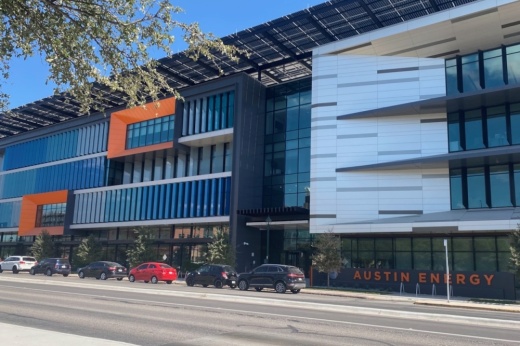The $180 annual billing increase for Austin residents—an estimate based on usage of 860 kWh per month—stems from an adjustment to Austin Energy's pass-through charges due to several causes the utility has said are outside its control. AE announced a need to adjust its pass-through charges Sept. 21 to recover tens of millions of dollars in energy costs, and city officials have spent the past few weeks considering a reduction to the unexpected change as well as the looming base rate hike.
“It’s especially difficult coming as it does in tandem with the conversation on the base rates. We’ve done a good job of keeping those two conversations separate as we make these decisions, but they are entwined and will be seen on everybody’s bill," Council Member Leslie Pool said. "A lot of effort was put into finding a way to ease the burden on our customers, and we will apply that same effort for the upcoming, continuing conversations on the base rate.”
The pass-through increase includes AE's power supply adjustment, or PSA, rate and regulatory charge. The PSA accounts for the recovery of costs related to fuel, purchased power agreements, and charges or credits from the Electric Reliability Council of Texas, or ERCOT, over the previous year.
AE initially said last month the pass-through increase would cost residents around $20 per month as a one-year adjustment. However, a 7-4 vote by City Council lowered that amount closer to a $15 monthly hit by spreading the cost over three years. Council members Vanessa Fuentes, Paige Ellis, Mackenzie Kelly and Natasha Harper-Madison voted against.
No one on council shared firm support for the increase, which will also add anywhere from hundreds to thousands of dollars to the bills of businesses and other commercial customers around town. However, officials signed off on the change given the lack of other viable options to cover energy costs that AE has already spent.
Utility representatives said delaying a pass-through adjustment beyond October could cost Austin between $750,000-$1 million daily, and council members stated that some increase would be the only responsible choice without risking AE's finances and credit rating, and an even worse burden on customers.
"To me, this isn’t really optional," Council Member Kathie Tovo said. "Your publicly owned utility has already expended these dollars to provide you with electricity. ... It is a regrettable 'yes' vote today."
Those voting both for and against the adjustment noted the sticker shock that AE customers will experience beginning in November, which will be further amplified by the rising base rate. And several said they plan to scrutinize options to lower that rate, now projected at a $15.56 monthly increase, before it is finalized. The new base rate will be in effect for 2023.
Given the significant effect the unexpected PSA rate jump will have this year, council's vote also initiated changes to how AE will tackle similar rate adjustments in the future.
Pass-through charges are only reviewed on an annual basis, and AE said the total costs of rising energy prices and the Ukraine war, congestion costs on the Texas electric grid, and other factors did not become clear until after the utility had already used up more expensive power while charging customers its current lower rate. City leaders have proposed revisions to that policy allowing the PSA to be raised or lowered more often, potentially limiting "price shocks," such as the one Austinites will soon experience, by keeping charges in line with costs.
"It doesn’t finish our work with respect to the policy changes that need to happen, but it allows us to stem the bleed today so that we don’t lose any additional money and cost our taxpayers more, while setting up the stage for us to responsibly work with Austin Energy to adjust where our rates need to go," Mayor Pro Tem Alison Alter said of council's vote.





